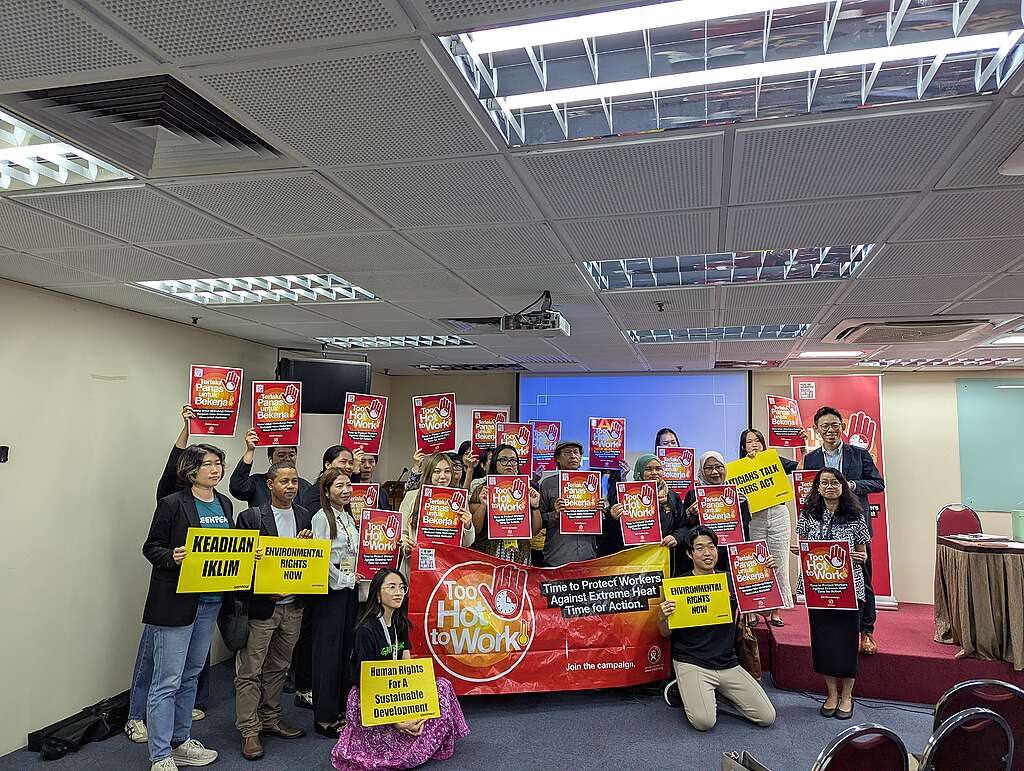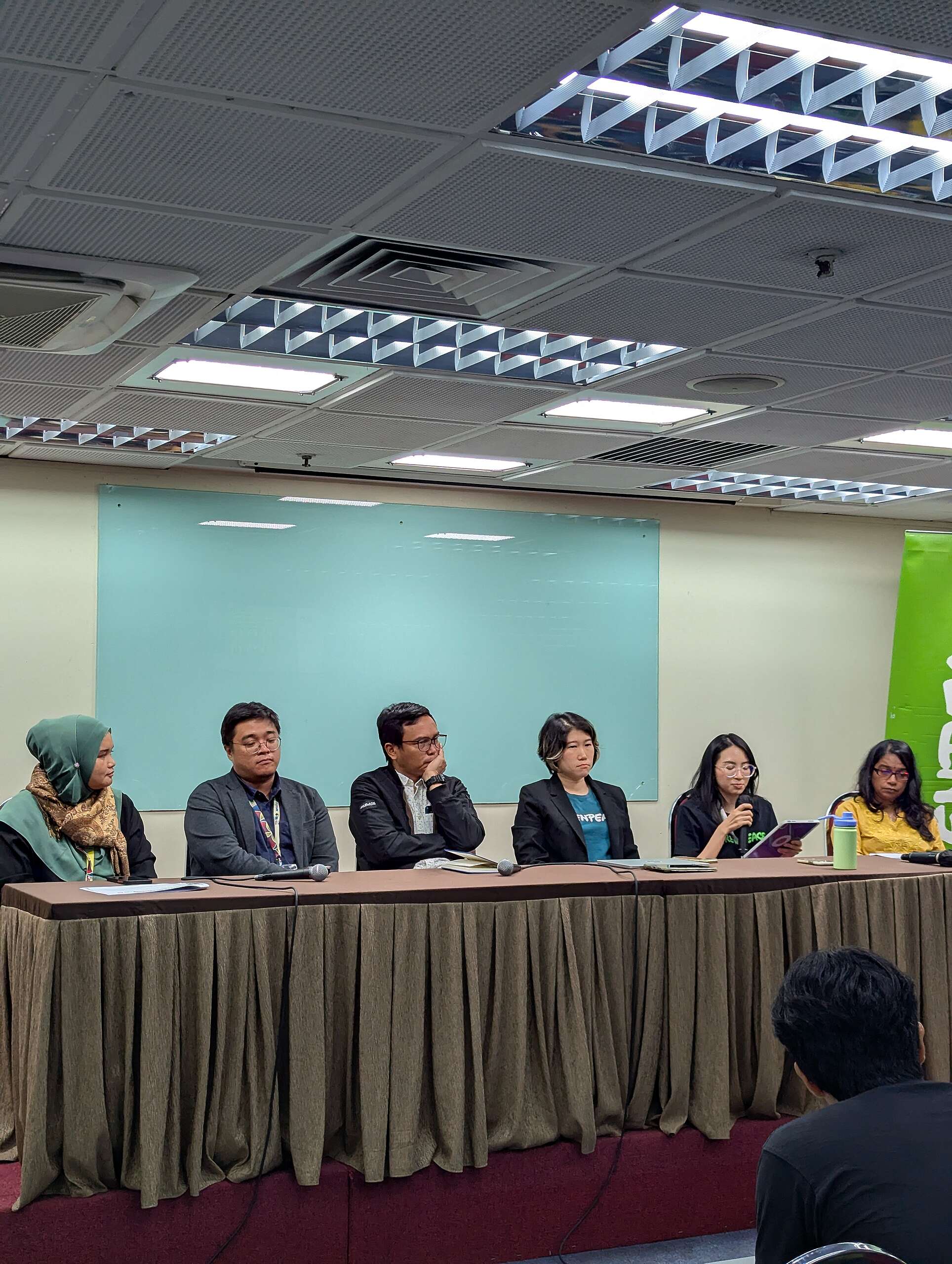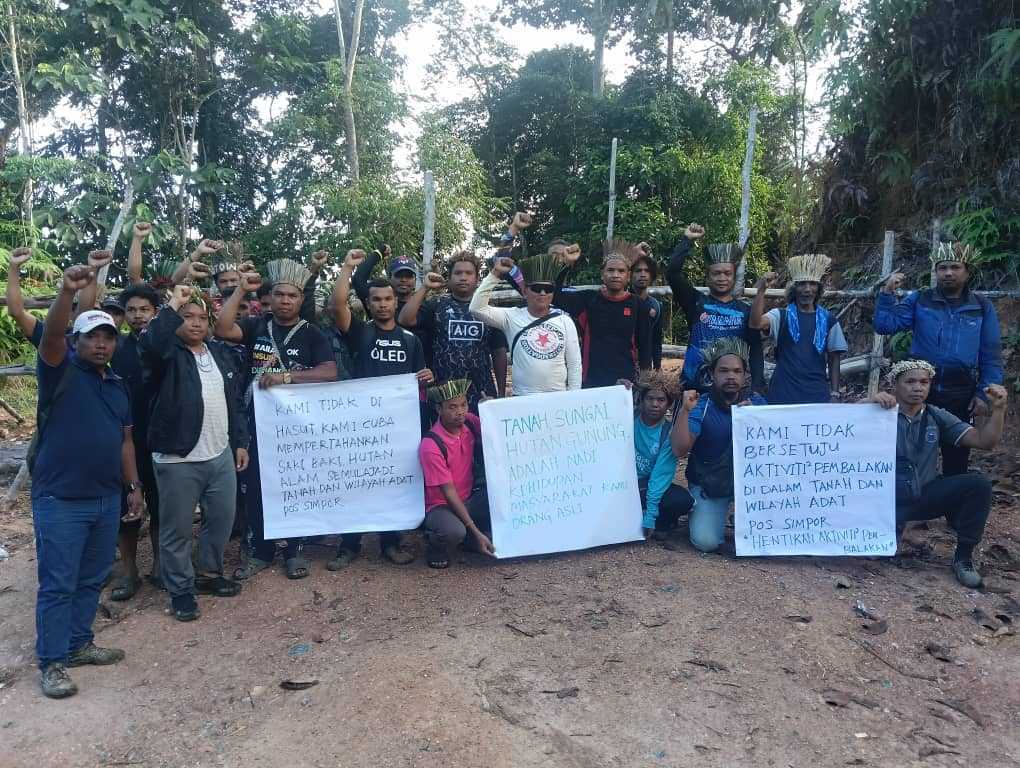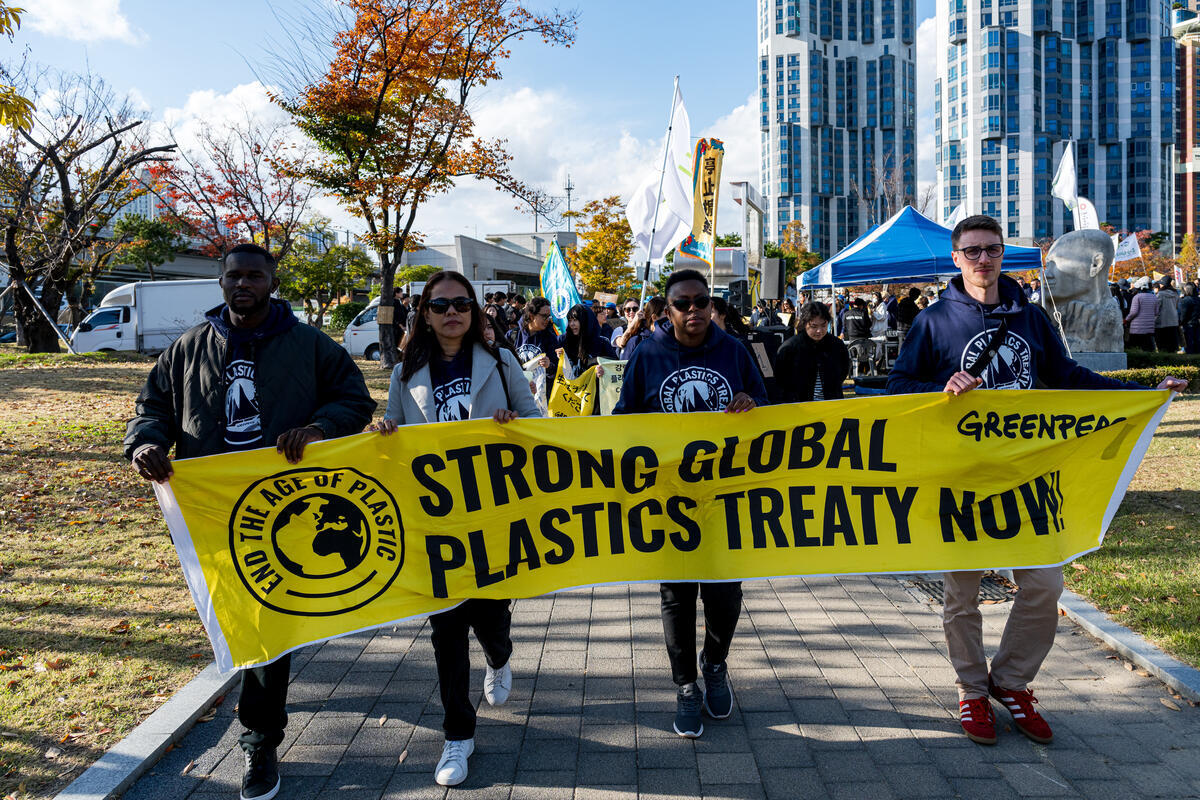Malaysia’s leadership opportunity
As Malaysia assumes the ASEAN Chairmanship in 2025, the region stands at a pivotal crossroads. The theme of ’Inclusivity and Sustainability’ is not merely aspirational—it demands concrete action through the establishment of a legally binding ASEAN Environmental Rights (AER) framework. The stakes could not be higher. The region faces increasingly severe environmental challenges, from transboundary haze pollution that regularly blankets major cities to climate change impacts threatening coastal communities and biodiversity hotspots. Without decisive action, the 2025 Summit risks becoming another missed opportunity for meaningful environmental governance.

Southeast Asia’s fight against transboundary haze and pollution, demanding for corporate accountability
At the ASEAN Peoples’ Forum, Greenpeace assembled voices from across the region in ‘Tackling Transboundary Haze, Heat Stress and Forest Governance in Southeast Asia’ and ‘Corporate Accountability: Demanding Climate Justice in Southeast Asia’. The health toll is staggering. Respiratory illnesses spike, eye infections and skin problems increase, and outdoor workers face dangerous conditions such as heat stress. Most tragically, marginalised communities bear the heaviest burden, lacking the resources to protect themselves from pollution, health hazards, environmental degradation, displacement and migration.
The root problem lies in voluntary measures that allow corporate influence to continue enabling severe environmental damage and human rights abuses across borders. In Malaysia, the Human Rights Commission of Malaysia (SUHAKAM) released a report recommending the establishment of legal mechanisms to tackle transboundary haze and hold corporations accountable for air pollution contributions, The Second Roadmap for ASEAN Cooperation on Transboundary Haze Pollution Control with Means of Implementation also acknowledge the need for stronger national and regional legal frameworks for air quality management. What’s needed is a fundamental shift from voluntary corporate promises to binding regulations that mandate legal accountability.
Following the money trail
The problem extends beyond Southeast Asia’s borders through global supply chains. In Northern Thailand, farmers burn fields to grow corn for animal feed exported worldwide, creating transboundary haze pollution. This connection demands accountability from financial institutions and multinational corporations.
Banks and investors must stop financing fossil fuel projects and destructive practices if they are planning to align their sustainability policies with environmental laws. The era of voluntary corporate commitments has failed—mandatory human rights and environmental due diligence for all cross-border businesses is essential.

Legal frameworks for corporate environmental responsibility
A robust legal framework must close these accountability gaps through several key mechanisms:
Climate Litigation: Climate litigation serves as a powerful mechanism for holding corporations accountable by establishing legal liability for corporate contributions to climate change, environmental degradation, and pollution. This legal pathway is particularly crucial for marginalised communities who often lack political power or resources to influence corporate behaviour through other means, as successful climate cases not only secure financial remedies and injunctive relief but also establish precedents that strengthen future accountability efforts.
Mandatory Transboundary Environmental Impact Assessments: For projects with potential cross-border impacts, Strategic Environmental Assessments (SEA) and Transboundary Environmental Impact Assessments (TEIA) should be legally required, with public participation from affected communities regardless of nationality.
Financial Accountability Mechanisms: Banks and investors financing environmentally harmful projects should face liability for downstream environmental damage, creating market incentives for sustainable investment.
Real-Time Transparency Requirements: Companies must publicly disclose environmental monitoring data, allowing affected communities and civil society to track compliance and hold violators accountable through legal channels.
Regional Enforcement Body: Establish an ASEAN environmental enforcement mechanism with investigative powers and the ability to impose meaningful sanctions on non-compliant entities, whether governmental or corporate.
Corporate accountability isn’t just about regulation—it’s about justice. It’s about ensuring that the communities bearing the costs of environmental destruction have a voice in decisions that affect their lives and access to meaningful remedies when their rights are violated.
Key solutions include:
- Binding Regional Action: ASEAN must enforce the “Polluter Pays” principle and create legally binding environmental frameworks for corporate due diligence and climate justice.
- Financial Accountability: Mandate corporate divestment from destructive practices and strengthen due diligence requirements.
- Community Empowerment: Invest in capacity building and legal aid for affected communities to participate in decision-making.
- System Change: Implement traceability systems and combat greenwashing through genuine sustainability certification.
The Path Forward
Malaysia’s chairmanship presents a unique opportunity to transform ASEAN’s approach to environmental governance. The choice is clear: establish a legally binding AER framework that creates real accountability for environmental protection, or watch the region continue to suffer from preventable environmental crises that undermine both human rights and economic development.
The international community is watching. Climate investors are increasingly avoiding regions with weak environmental governance. Impacted communities across ASEAN are demanding action on environmental rights. ASEAN leaders must seize this moment to demonstrate that “Inclusivity and Sustainability” means more than rhetoric—it means protecting both people and planet for future generations. The question is not whether ASEAN can afford to act, but whether it can afford not to.
You can add your voice to Greenpeace Malaysia’s petition to demand our leaders to act – “Politicians Talk, Leaders Act”.




